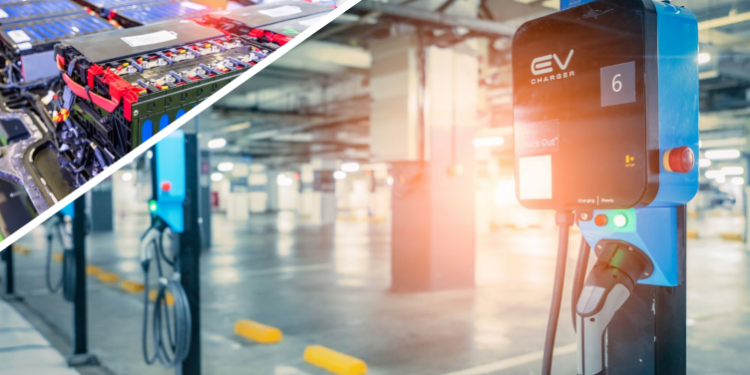Kenya’s Energy and Petroleum Regulatory Authority (EPRA) has released guidelines for electric vehicle (EV) charging and battery swapping, effective 1st September.
The guidelines released on Thursday summaries key considerations when designing, installing, and operating electric vehicle charging points and stations. According to EPRA, the purpose of the new rules is to make electric vehicle charging infrastructure accessible to all users, enable faster adoption of electric vehicles in Kenya, promote affordable tariffs chargeable from electric vehicle owners and charging station operators.
The new guidelines will also proactively support the creation of EV charging infrastructure in the initial phase and eventually create a market for the EV charging business, and create uniformity and certainty towards accelerate[1]ed adoption of EVs in the Country.
“The importation of electric vehicles in the country began about ten years ago and has mainly been driven by the private sector. There has been a slow uptake due to a number of issues,” noted EPRA.
“The new Electric Vehicle (EV) Charging and Battery Swapping Infrastructure Guidelines, 2023 summaries key considerations when setting, designing, installing, and operating electric vehicle charging points and stations.”
Under the new guidelines, any person intending to install a Public Charging Station (PCS) shall be a required to apply to the Authority for an electricity retail supply license prior to such installation.
EPRA also states that any person seeking to set up a PCS may apply for connectivity on the specified area of supply and will be provided with connectivity on priority basis by the Electric Distribution Licensee. Any Charging Station/Chain of Charging Stations may also obtain electricity from any generation licensee through open access arrangement.
Every Public Charging Station shall have an exclusive transformer and/or electric supply line with all related supply equipment including safety appliances, as required by the Kenya Grid Code. Appropriate cabling and electrical works ensuring safety and stability of electricity grid. Appropriate civil works. Adequate space for charging and entry/exit of vehicles. Appropriate fire protection equipment and facilities. Appropriate public amenities. The PCS shall also have one or more chargers or any combination of charger.
EPRA says, a charging Point Operator/owner shall ensure that the workforce installing, maintaining, and operating chargers have appropriate licenses, certifications, and training to ensure that the installation, operation, and maintenance of chargers are performed safely and meet public safety standards.
“No PCS shall be operational without inspection, testing and issuance of a completion certificate issued by a licensed electrical contractor/inspector, and the Charging Points shall be certified and type-approved/tested by KEBS or any other accredited agency.”
BATTERY SWAPPING
The battery swapping stations requirement states that the batteries should be BMS-enabled for efficient battery monitoring, data analysis, and safety.
The battery swapping provider shall ensure that appropriate BMS is in place to protect the battery from conditions such as thermal runaway. Ensure battery safety and security of assets, swappable batteries will be equipped with advanced features like IoT-based battery monitoring systems, remote monitoring and immobilisation capabilities, and other required control features.
TARIFFS
The tariff for the supply of electricity to electric Vehicle (EV) charging stations shall be as approved and gazetted by EPRA. This tariff shall be applicable for Battery Swapping Stations.
The charging station operators shall implement physical and cybersecurity strategies consistent with their respective EV infrastructure deployment plans to ensure charging station operations protect consumer data and protect against the risk of harm to, or disruption of, charging infrastructure and the electricity grid.
“Any complaints involving or between; electric vehicle owners, charging station operators, battery swapping service providers, and other relevant entities may submit such complaints to the Authority.”
Kenya Picks Taskforce to Speed Up E-mobility Rollout – Kenyan Wallstreet




